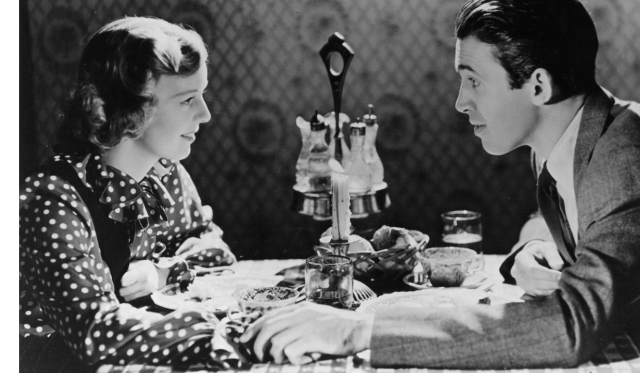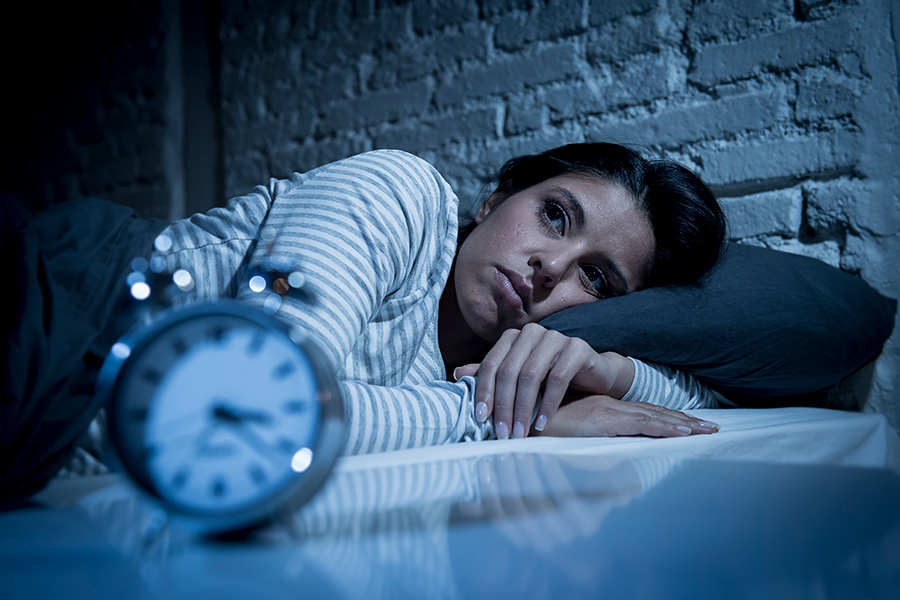Insomnia is no stranger to most high school students because balancing school with extracurriculars can be very demanding. In fact, sleep issues have become so common that we normally joke about it lightheartedly, even though it is a severe problem. Part of the problem is that when you search “how to cure insomnia” on the internet, you usually get a lot of basic and obvious answers that don’t help. For example, it is very obvious that we need to “breathe and be mindful,” but the root of the problem is that we can’t turn off this deeply-rooted anxiety.
It is essential to recognize that insomnia is a problem with the wiring of the brain, and sometimes, it can’t be cured that easily. Your brain associates bedtime with stress time, which makes it impossible to sleep. However, it is possible to rewire the brain in order to fall asleep quickly. For some people, some peaceful music and meditation can help, but in most cases, anxiety and overthinking are the biggest problems. So, how do we stop this bedtime anxiety? Well, I have a few tricks, but remember that there is no official and definite “cure.” You have to try different things and see what is best, but here is a list of things that helped me personally:
- My biggest tip is to wake up at the same time every day. This way, you can set up an internal body clock that will create a sleep-wake cycle known as the circadian rhythm. However, it is important to realize that sleeping earlier does not cure insomnia. Yuna Shin (12) explained, “Insomnia is a very serious illness. For example, I start sleeping at 9, but I can’t fall asleep until way later. I have to cope with it.” It is hard to control what time you fall asleep, but it is easier to set an alarm for the same time every day (yes, this includes the weekends). I know this sounds very tiring and annoying to do, but this is probably the most straightforward way to cure insomnia.
- Here is another important point: Ignore the fact that you have an insomnia problem. If you keep thinking about it, you are just going to make your insomnia worse because your brain gets even more anxious in preparation for sleep. Just go on your day as if you got enough sleep, and convince yourself you can make it through the day. This might seem counterintuitive, but think about it this way: Imagine your insomnia as an annoying toddler who constantly needs your attention. Once you give him attention, he will make you do even more activities with him, so the best way is to ignore him.
- Suppose you can’t sleep after 30 minutes of lying in bed. Get out of bed and walk around. The longer you stay in bed with your anxiety and your endless thoughts, the more your brain is going to associate bedtime with anxiety, and that is going to make your insomnia worse.
- Keep an anxiety journal, but remember that you should not journal right before bed. You have to journal earlier to channel all of your anxiety into one place. That way, you will associate these feelings of anxiety with wake time instead of sleep time. Remember that we are trying to rewire our brains so that we don’t feel so anxious in bed that we can’t fall asleep.
- Exhaust yourself during the day until you absolutely cannot keep your eyes open. Do as much exercise as possible, and even if you are tired, do not take any naps during the day. This will give you the drive to sleep at night.
- Here is a specific tip: when breathing in bed, focus your energy on the middle of your forehead. This is a specific spot in acupuncture that is medically proven to help you sleep. If you want, you can get acupuncture treatment and request a needle on the forehead, but simply channeling your breath into the forehead is enough to help you fall asleep. Trust me, I was a little skeptical at first, but every time I have tried this, I was able to fall asleep.
- Take melatonin right before your nighttime routine. It takes about an hour to kick in, and many people make the mistake of taking it too early. This causes their anxiety to kick in too before the melatonin, which makes it ineffective because melatonin doesn’t cure anxiety.
- Make sure you don’t do any studying at least 3 hours before bed. Yes, 3 hours. You need a prolonged period of peace before bed, or else your brain is going to start acting up again, so make sure you spend at least 3 straight hours doing something relaxing. This worked for me, and I could finish many shows on my watchlist.




























Megan Huynh • Nov 16, 2023 at 7:42 AM
I feel like this will be very helpful on the nights that I am unable to sleep.